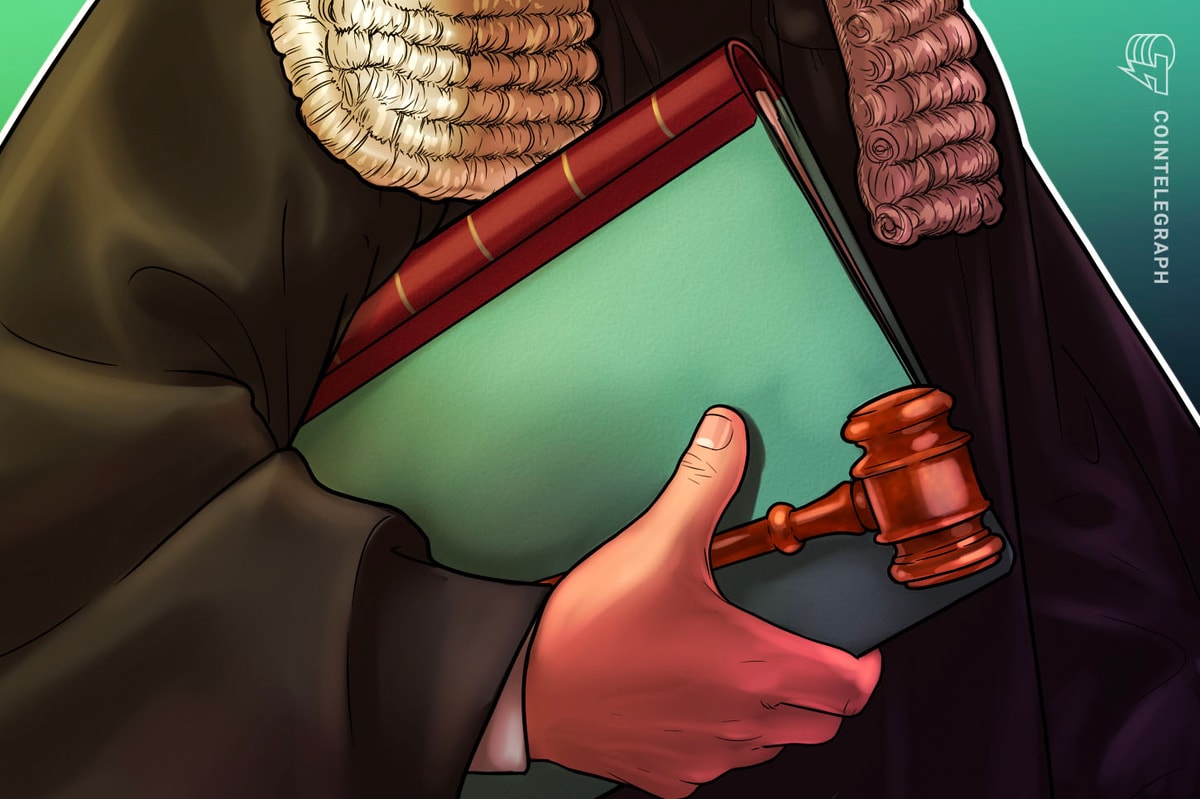France’s top modern art museum to display CryptoPunks, Autoglyphs NFTs
2 min read
Paris’s leading contemporary art museum, the Centre Pompidou announced on Feb. 10 an upcoming permanent exhibition targeting the intersection between art and the blockchain represented by nonfungible tokens (NFTs).
According to an announcement on Feb. 10, the Centre will feature NFTs from over 16 digital artists around the world, including popular collectables such as CryptoPunk #110 and Autoglyph #25, both donated to the Centre Pompidou.
Le Centre Pompidou fait l’acquisition d’un ensemble d’œuvres traitant des relations entre blockchain et création artistique, dont ses premiers NFT !
Ce sont 18 projets de 13 artistes français et internationaux qui entrent en collection.
Plus d’infos https://t.co/PXL4O2E9vh pic.twitter.com/sNI7EYtK5E— Centre Pompidou (@CentrePompidou) February 10, 2023
Xavier Rey, director of the French National Museum of Modern Art, noted in a statement that the Centre Pompidou is “pursuing its interest in digital art, in connection with the blockchain.” According to Rey:
“Web3 is an innovative territory that artists have now seized upon to create original and daring work, and this collection reaffirms our support for artists in their conquest of new means of expression, which is the foundation of modern art.”
The exhibition – scheduled for this spring – marks NFT’s first display at the internationally renowned Centre Pompidou, home to other artists’ masterpieces such as Vassily Kandinsky, Frida Kahlo and Henri Matisse.
Related: DeFi, DAOs and NFTs: Crypto is redefining how charities raise funds
We are honored to announce that Autoglyph #25 (donated by us), and Cryptopunk #110 (generously donated by our friends at @yugalabs) have been acquired by @CentrePompidou for their permanent collection. pic.twitter.com/q8URwLHbTR
— Larva Labs (@larvalabs) February 10, 2023
NFT creator Yuga Labs, which owns the intellectual property (IP) of the CryptoPunks since March 2022, said the initiative is part of a legacy project that donates Punks to leading art institutions worldwide. The company already donated CryptoPunk #305 to the Institute of Contemporary Art, Miami.
“Seeing CryptoPunk #110 displayed in the Centre Pompidou, arguably the world’s most prestigious contemporary art museum, is a great moment for the web3 and NFT ecosystem, and we’re honored to help drive this cultural conversation,” commented Yuga Labs co-founder Greg Solano.
NFTs are digital objects that hold features such as uniqueness and non-interchangeability, verifiable on the blockchain. Based on distributed ledger technology, NFTs can serve as a method of authentication for buyers of unique items, proving aspects such as ownership. Most notably, they appear in art, music, as well as in blockchain-based video games.





